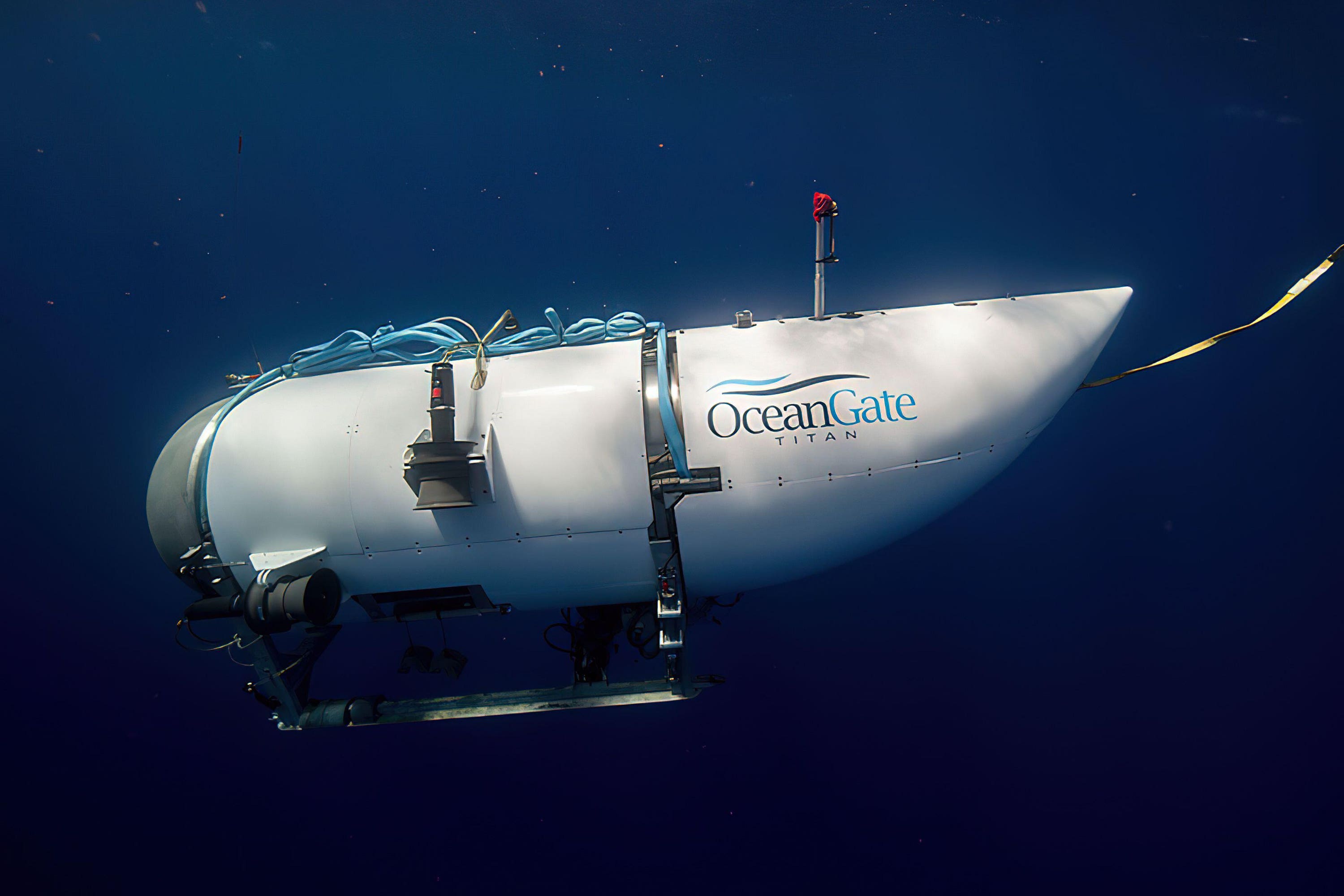Cramped, silent, alien... as a submariner, I know the terror of the trapped Titan crew
When you travel to such an unnatural, hostile environment, you experience a whole range of emotions: anxiety, excitement, helplessness, joy and fear, writes David Bessell

Being on a submarine is not natural. It is not natural to climb inside a metal tube and descend deep into a hostile environment where you don’t have control over the events around you. You have to have trust. You have to trust the tin can, the systems that make the tin can work, the people who built the tin can, and that the people who are driving the tin can know what they are doing.
The first time that you climb down inside a submarine can be daunting and a little bit frightening... or exciting, depending on your disposition. The first time you dive on a submarine is extraordinary. All the trust mentioned above comes sharply into focus.
It is only through continued exposure to the event over time that your levels of trust increase to the point at which it becomes a more natural thing to do. I say more natural because it never becomes a truly natural event. You never know when that weld might fracture; when that hull valve might leak; when that system might fail. It is only when you settle on depth that you relax and move on to your daily tasks.
This is for a “full-size” submarine. When you embark upon a mini-submarine, it is another level of stress entirely. In addition to all of the above, you are now short on space. Imagine putting five people in something the size of a large people-carrier and sending it into the deep. To make it worse, only two of those people are experienced. Three of them have never been on a submarine before – certainly not one like this.
It is cramped. You are potentially hunched over as the curvature of the pressure hull curtails your personal space. You have nothing to do but sit there as the professionals start your descent. This takes time – many minutes. You will be watching as the depth gauge starts to tick over. 100m, 500m, 1000m. You will be acutely aware that you are deeper in this hostile, alien environment than almost anyone on the planet has ever been.
There will be silence, both outside and inside, with only the talk of the operators as they make their reports. The “guests” will be experiencing a whole range of emotions, perhaps a mixture of them all: fear, anxiety, excitement, helplessness, joy. One thing is sure, though – it will certainly feel unnatural.
Through it all, they will have that trust. In the machinery around them, in the operators that have done this before. Until something goes wrong. And something has gone wrong.
Standard procedure means that if there had been any indication of an issue, the submersible would have returned to the surface. We might never know what went wrong, but there must have been a catastrophic failure of some sort.
And then comes the fear. They may be stuck on the sea bed with just hours of oxygen left. This means potentially a few days of waiting before that oxygen runs out, with nothing but their own thoughts and desperate hope.
The chances of getting to them are now slim, and getting worse by the hour. I cannot imagine, if they have not perished already, what can be going through the minds of the passengers and crew. As an ex-submariner – and you never give up your “dolphins” – I pray that they are rescued, but I fear the worst. God bless them.
David Bessell is a former career command-qualified submariner
Join our commenting forum
Join thought-provoking conversations, follow other Independent readers and see their replies
Comments
Bookmark popover
Removed from bookmarks